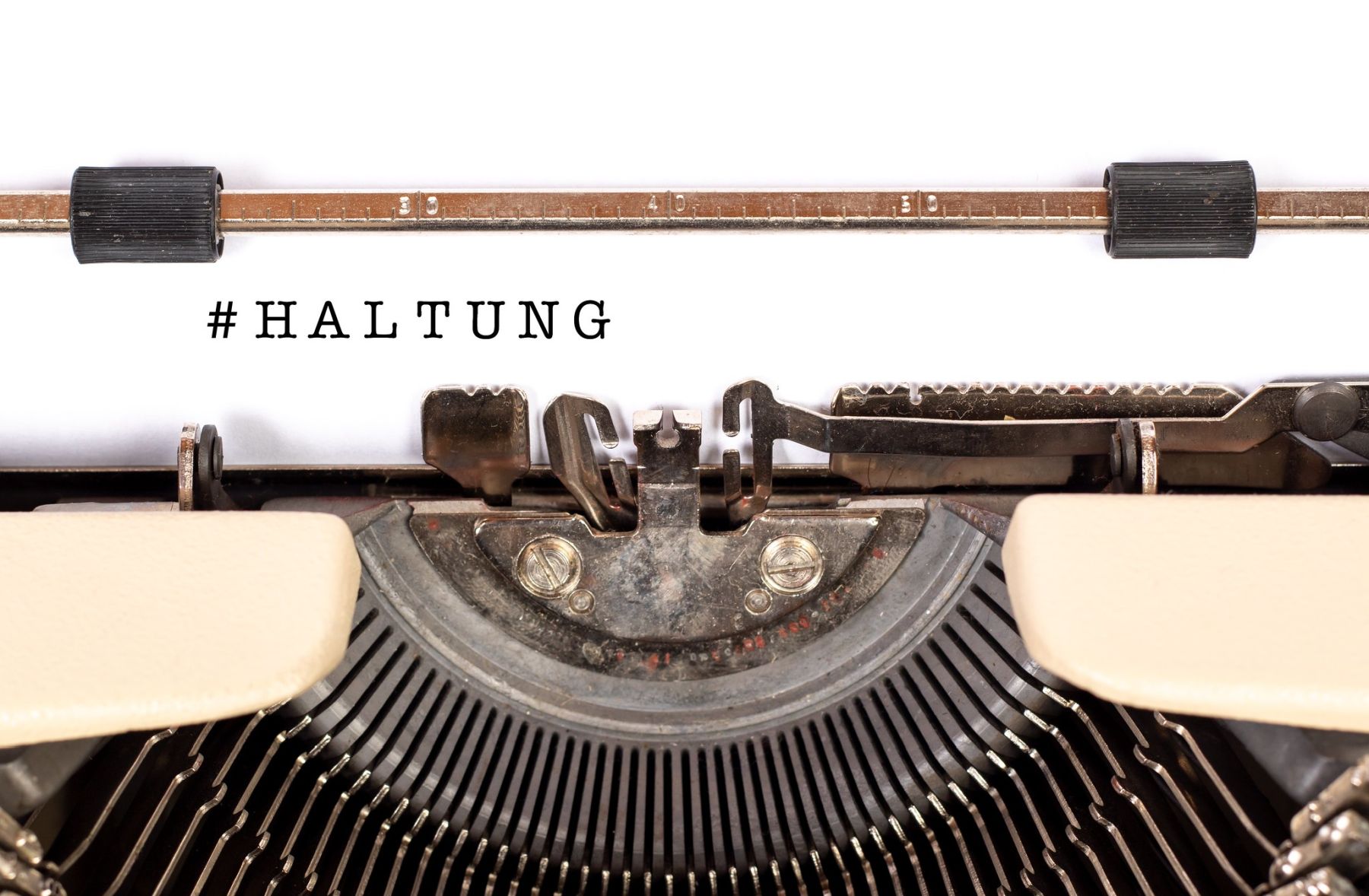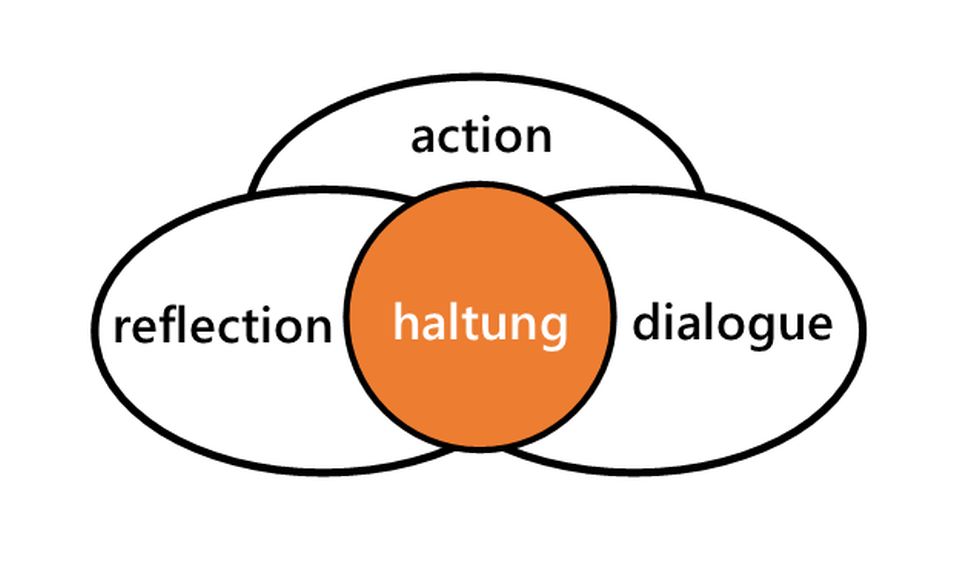Exploring the theory and practice of social pedagogy
on this page: introducing social pedagogy • social pedagogy arenas • key ideas in social pedagogy • key thinkers for social pedagogy
Pedagogy is a way of being with people. It involves:
• joining with them to bring flourishing and relationship to life (animation)
• being concerned about their, and other’s, needs and wellbeing, and taking practical steps to help (caring);
and
• encouraging reflection, commitment and change (education).
It is an orientation, a set of processes and a way of thinking (Smith 2019). Social pedagogy looks to being and acting with others to foster sociality and social justice
Often more holistic and group-oriented than dominant forms of social work and schooling, social pedagogy (sozial pädagogik) has its roots in German progressive education – and is sometimes translated as ‘community education’ or ‘education for sociality’.
Introducing social pedagogy
While social pedagogy has been a key organizing idea in many European countries, it has only recently become a focus for exploration in English-speaking countries. It is often used to embrace the activities of youth workers, residential or daycare workers (with children or adults), and play and occupational therapists. Social pedagogy can also be used to describe those concerned with community learning. It overlaps considerably with the notion of informal education.
As a practice social pedagogy tends looks to groupwork; association, relationship and community; and to holistic educational processes. It depends very heavily on the character and integrity of the educator and their ability to reflect-in- and -on-action.
The core processes of social pedagogy – animation, care and education – are discussed in a new article: Animate, care, educate – the core processes of social pedagogy.
Within informal education and social pedagogy, the character and integrity of practitioners are seen as central to the processes of working with others. The German notion of ‘haltung’ draws together key elements around this pivotal concern for pedagogues and informal educators. Explore this in another new infed article: Haltung, pedagogy and informal education.
For an overview of developments in theory and practice: social pedagogy.
To appreciate social pedagogy we need to get to grips with the nature of pedagogy. Many discussions of pedagogy make the mistake of seeing it as primarily being about teaching. Rather pedagogy needs to be explored through the thinking and practice of those educators who look to accompany learners; care for and about them, and bring learning into life. Teaching is just one aspect of their practice: What is pedagogy?
To explore what social pedagogy looks like in practice why not look at:
Dealing with the ‘new normal’. Creating places of sanctuary, community and hope for children and young people in schools and local organizations. We explore how educators, pedagogues and practitioners work to create the conditions in schools for education, learning and change in the context of the COVID-19 ‘new normal’.
Mehrgenerationenhäuser – multi-generational meeting houses – animation, care and pedagogy. Mehrgenerationenhäusen have attracted interest outside their home in Germany. In this piece, we examine what they are, how they function, and their relevance to some key issues faced by local communities – in particular around ageing. We will also look at the role of social pedagogues within them and some issues with Mehrgenerationenhäusen.
Marie Paneth – Branch Street, The Windemere Children, art and pedagogy. Paneth was a talented painter, art therapist and pedagogue. Her book, Branch Street (1944) is a classic exploration of community-based work with children during the Second World War – and the healing use she made of art both with The Windemere Children (2020) and in later practice was pioneering. In this piece, we explore her work as a social pedagogue – mostly in the 1940s – and her continuing relevance.
Some key social pedagogy arenas
Community learning and development
Some key ideas for social pedagogy
democracy, education for
non-formal and informal education
‘race’, difference and lifelong learning
social exclusion, ‘joined-up’ thinking and individualization
Some key thinkers for social pedagogy
Acknowledgement: the opening diagram is taken from Smith, M. K. (2016, 2019) Animate, care, educate. The core processes of social pedagogy, Developing Learning. [http://developinglearning.com/animation-care-education/].
Picture: #Haltung is by Trending Topics 2019 and sourced from Flickr (ccby2).

